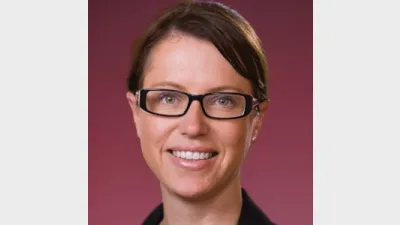Women face $380bn savings gap



Women lag significantly in retirement savings, with a savings gap of an astounding $383 billion, new research has revealed.
Commissioned by Women in Super, research by Rice Warner has confirmed the retirement savings outlook is worse for women than men but that income disparity is not the only reason.
“Voluntary contributions to super are a no brainer,” Rice Warner deputy chief executive Melissa Fuller said.
“But Australian women are either unable or reluctant to activate this choice with their long-term savings.”
The research, presented at the Conference of Major Superannuation Funds in Brisbane, polled approximately 1500 female members of funds about their attitudes to contributing more to their retirement.
It found the main reason women fail to make voluntary contributions is simply because they cannot afford it.
“Six in 10 females say affordability is a barrier. Women are directing their discretionary monies to paying off debt,” Fuller said.
The survey also showed older women are more engaged than younger women with their super, but seven in 10 'engaged’ females are unaware of their retirement income needs.
Women also tend to tune out messages from their super fund because they do not trust what they hear or they do not trust the Government to make no further changes to the system.
Women in Super national chair Cate Wood said the only way to turn this around was through a combination of policy initiatives, advice models that work, and an effort by funds to improve engagement levels and build trust.
Recommended for you
Australia’s largest super funds have deepened private markets exposure, scaled internal investment capability, and balanced liquidity as competition and consolidation intensify.
The ATO has revealed nearly $19 billion in lost and unclaimed super, urging over 7 million Australians to reclaim their savings.
The industry super fund has launched a new digital experience designed to make retirement preparation simpler and more personalised for its members.
A hold in the cash rate during the upcoming November monetary policy meeting appears to now be a certainty off the back of skyrocketing inflation during the September quarter.









